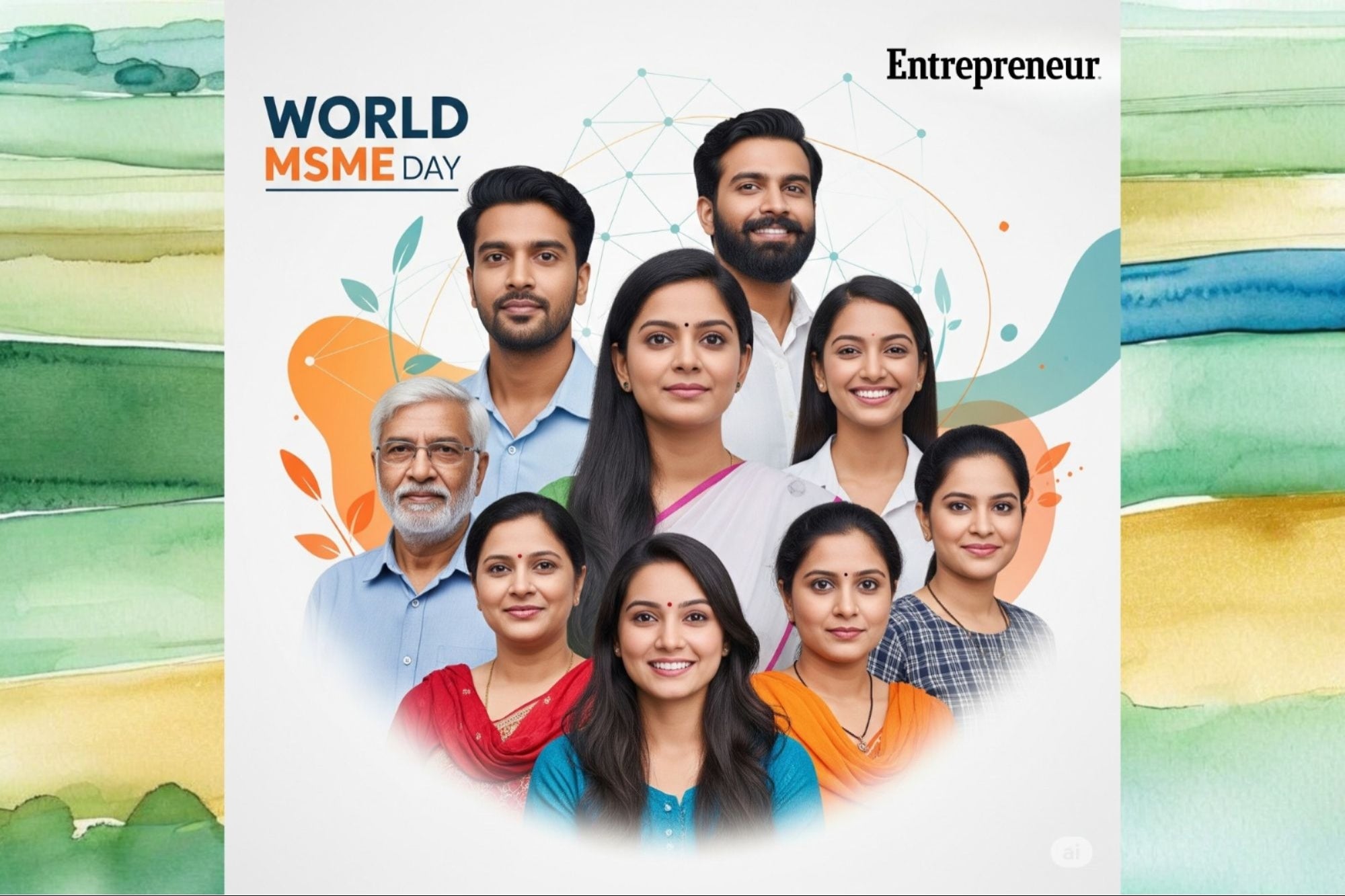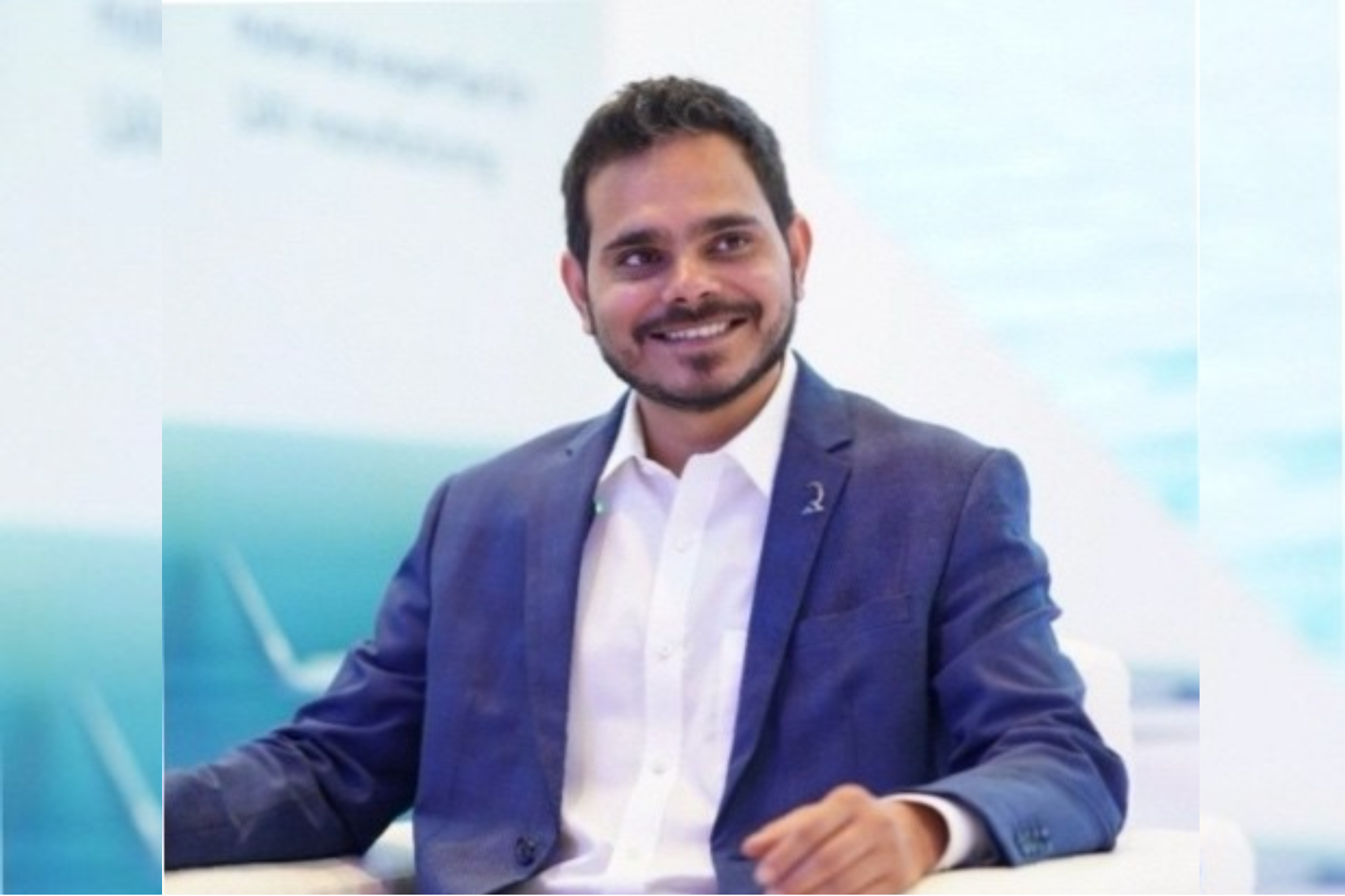Rising Interest In The 'House of Brands' Model Experts believe that right from its adoption into the Indian startup ecosystem, the business model has shown sizeable potential
By S Shanthi
Opinions expressed by Entrepreneur contributors are their own.
You're reading Entrepreneur India, an international franchise of Entrepreneur Media.

Many direct-to-consumer brands are today taking the "house of brands' route. For instance, House of Kieraya was formed in July 2021 to offer rental furniture, appliances, and remanufactured furniture under one roof. It is an umbrella brand that houses furniture rental brand Furlenco, remanufactured furniture seller Furbicle and luxury furniture and lifestyle brand, Prava.
Cloud kitchen startup Curefoods has 10 D2C food brands under its umbrella including Masala Box, Paratha Box, CakeZone, Ammi's Biryani, Olio and Crusto's. India's first D2C beauty and personal care company to reach Unicorn status, the Good Glamm Group, has so far acquired cosmetics ventures St.Botanica and Oriental Botanics business, POPxo, MomsCo, Baby Chakra, ScoopWhoop and Miss Malini Entertainment.
Some unicorns like MyGlamm, LensKart and Nykaa are also following suit. While Nykaa plans to make the company an umbrella entity for lifestyle products, LensKart has its eyes on acquiring eyewear brands across European countries.
While the business model followed by these companies is very similar to roll-up commerce startups, the one difference is Thrasio-style startups like the recently turned unicorn, Globalbees, follow a completely in-organic approach, companies lik eLenskart, Nykaa etc. have built a brand of their own first and are now expanding. "Levers for value creation are essentially the same, so in five years we might not be able to differentiate from one over the other," said Rohit Krishna, General Partner, WEH Ventures.
Ankur Bansal, co-founder and director, BlackSoil feels the difference also lies in segments of the brands acquired. "The Thrasio model can essentially be operated as an agnostic one which includes the likes of Globalbees, acquiring brands across multiple sectors versus a House of Brands model, which is more of a specialist approach, used by the likes of Mensa that focuses more acquiring brands in the fashion and beauty segments."
Overall, he believes the idea is to approach these acquisitions more as partnerships/integration as opposed to just buying out the competition. "There are many factors to consider when expanding your brand catalog; whether the brand being acquired is catering to a segment with tangible market potential, whether the brand will complement the other brands to achieve an overall portfolio symbiosis if there is harmony between the ideologies of the founder and the company's vision etc," he said.
Scaling, The Key Factor
Experts believe that right from its adoption into the Indian startup ecosystem, the "house of brands' approach has shown sizeable potential and this business model has led to a revolution in the startup space in India. "This has been largely driven by the emergence of small D2C brands that need the propulsion to accelerate their growth – which can be achieved via brand aggregation. This has represented a huge untapped market opportunity for brand consolidation," said Bansal. Traditionally in cosmetics, apparel, personal care, FMCG, etc. most valuable companies are "house of brands as it's easier to scale the size of the business, added Krishna.
This approach helps the brands to not only build a loyal customer base by offering everything under one umbrella. "A multi-brand approach proffers a portfolio of products that can broaden the enterprise's demographic reach and allow it to take more risks with new offerings, knowing they have strong, tested brands to fall back on if necessary," said Bansal.
Further, it helps cut down on expenditure. "By not needing separate marketing divisions, accounting teams, sourcing teams etc., the operating expenses are considerably reduced, and thus a higher EBITDA for the brands," said Tameish Sood, an expert on D2C.
For the brands that are being acquired, this enables growth in these difficult times. These are usually the brands with killer products, High NPS (customer love), but are struggling to scale mainly because of lack of distribution. "Revenue, cost, and technological synergies such as new product launches, multi-marketplace management, mitigation of numerous logistics and fulfillment constraints faced due to Covid-19, streamlining workflow management, can turbocharge the growth of the brands being acquired," said Bansal.
"Once distribution channels (whether offline or online) are built out, it makes sense to use these "pipes' to push more products. Multiple brands also help in catering to different price points and target groups. Different teams can handle different parts of scaling up the business, for instance, one team could handle 0-1 Cr MRR and then handover to another which can scale it further," added Krishna.











